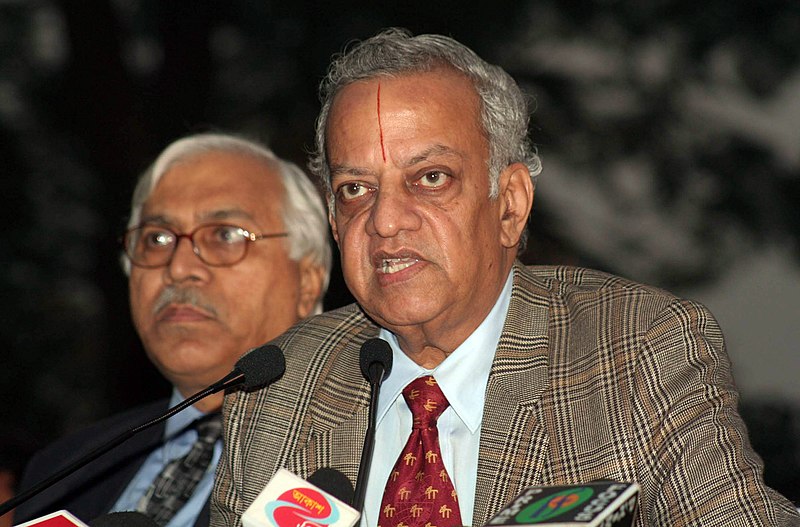
Disagreement common in poll body, says former CEC

With reports of rift within the poll panel doing the rounds in the backdrop of the election commission’s inability to arrive at a unanimous decision over PM Modi’s alleged violation of poll code, former chief election commissioner N Gopalaswami shares his view on the issue of dissent within the poll body, the protocol adopted while tackling it and the routine affair of dealing with poll code violations:
Excerpts from the interview:
There seems to be difference of opinion within the election commission about violation of the model code of conduct by the BJP including the Prime Minister Narendra Modi in the campaigns for the ongoing elections. How healthy is dissent among the three election commissioners?
Dissenting views are common in the set-up of a three member commission. He Two to one views arise very often and only seldom do all three members concur. Even among judges at the Supreme Court, there is dissent. It is only that the majority views are upheld and it is the same concept here.
There has been a suggestion made to look into complaints on a daily basis. Is that a valid suggestion?
Complaints are not one or two to be dealt with on the same day. One cannot take a decision on poll code violation just by looking at newspapers or headlines. The entire transcript has to be read in detail before making a decision.
Does the complainant have the right to know about disagreements within the poll body regarding their complaints? Can we make it mandatory?
In this free country, anyone can ask anything. If someone wants to know, through the Right To Information (RTI) Act, everything is available. Making it mandatory will only result in more typing work. A large proportion of complaints come from national parties. There are a few hundreds raised from all over the place. Some are at the local level and some are referred to the ECI.
Is there a way to ensure transparency on digital spending by political parties?
It is impossible. How many are honest enough to say how much they have spent even on non-digital platforms? We as a nation do not believe in transparency except when it concerns our enemies. No political party will want to do that.
There has been an uproar over electoral bonds. Do you support the scheme?
Those who went to court did not think it through. The simple question is—if the SC says it is not acceptable won’t you go back to a murkier regime? Electoral bond scheme is not virtuous nor was the one which the UPA government had come up with in 2010.
In this scheme, the opposition was consulted and the only parties who would have opposed it is the left. All parties are equally interested in concealing the money source. They all know that the ruling party gets a lion’s share. And even the party which proposes such a scheme is not interested in full disclosure. The positive aspect of the scheme is that it is white money and is accounted for.
During my term I did find parties that put their money in shares, jewellery and fixed deposits-parties that haven’t fought a single election and this is just a ploy to get IT exemptions.
Do you think this is the most acrimonious election ever fought in India ever?
It is very difficult to say that, categorically. Unlike before, in the last three or four years, there has been a rise in the number of online portals and news channels and when the same information is repeated across platforms, the situation looks enormous. Every political party is keen on putting out their opponent’s folly in the open and across avenues. Add to this, the tyranny of social media (twitter).


